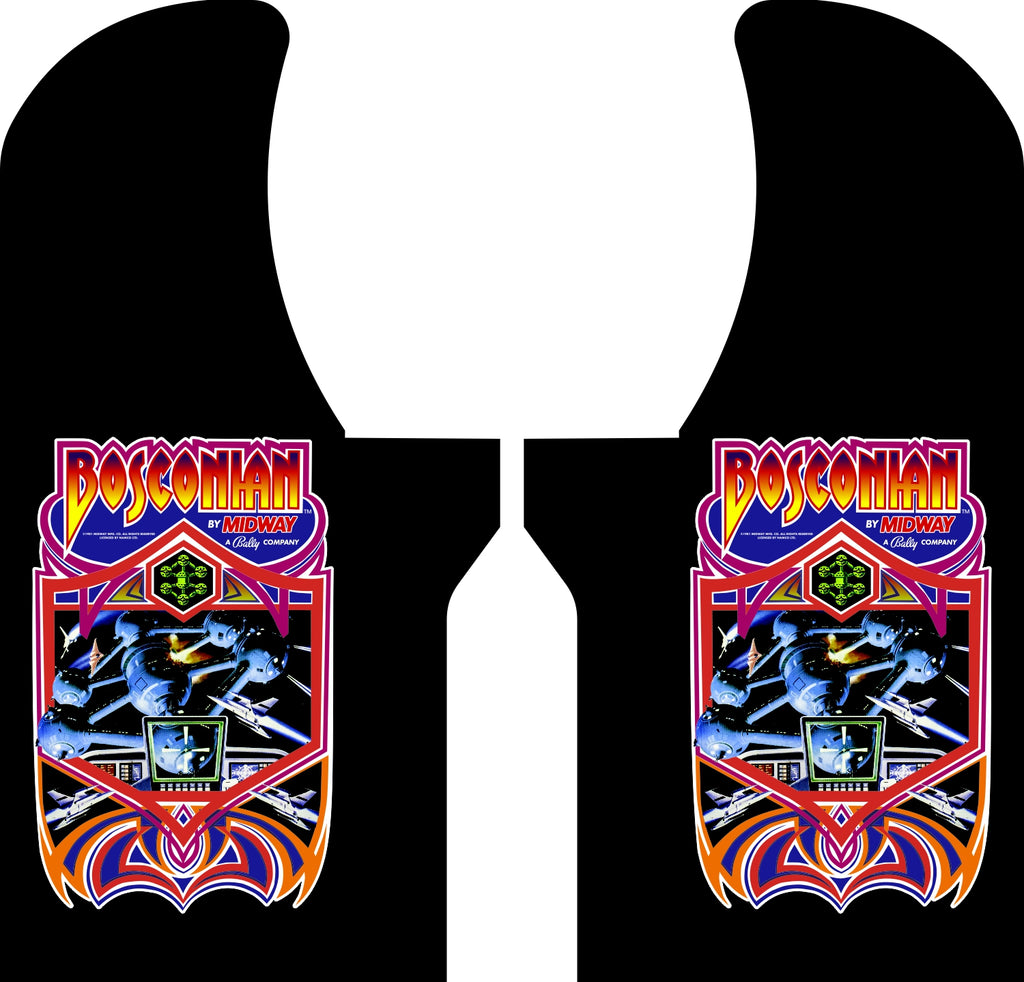
Ethics, for example, refers to those standards that impose the reasonable obligations to refrain from rape, stealing, murder, assault, slander, and fraud. First, ethics refers to well-founded standards of right and wrong that prescribe what humans ought to do, usually in terms of rights, obligations, benefits to society, fairness, or specific virtues. What, then, is ethics? Ethics is two things. If being ethical were doing whatever society accepts, one would have to find an agreement on issues which does not, in fact, exist. Some people accept abortion but many others do not. Further, the lack of social consensus on many issues makes it impossible to equate ethics with whatever society accepts. But no one ever tries to decide an ethical issue by doing a survey. To decide what I should think about abortion, for example, I would have to take a survey of American society and then conform my beliefs to whatever society accepts. Moreover, if being ethical were doing "whatever society accepts," then to find out what is ethical, one would have to find out what society accepts. Nazi Germany is a good example of a morally corrupt society. An entire society can become ethically corrupt. But standards of behavior in society can deviate from what is ethical. Our own pre-Civil War slavery laws and the old apartheid laws of present-day South Africa are grotesquely obvious examples of laws that deviate from what is ethical.įinally, being ethical is not the same as doing "whatever society accepts." In any society, most people accept standards that are, in fact, ethical. But laws, like feelings, can deviate from what is ethical. The law often incorporates ethical standards to which most citizens subscribe. Ethics, however, cannot be confined to religion nor is it the same as religion.īeing ethical is also not the same as following the law. Religion can set high ethical standards and can provide intense motivations for ethical behavior. But ethics applies as much to the behavior of the atheist as to that of the devout religious person. Yet if ethics were confined to religion, then ethics would apply only to religious people. Most religions, of course, advocate high ethical standards. Nor should one identify ethics with religion. In fact, feelings frequently deviate from what is ethical. A person following his or her feelings may recoil from doing what is right.
%20(Alt%202).png)
But being ethical is clearly not a matter of following one's feelings.

Like Baumhart's first respondent, many people tend to equate ethics with their feelings. The meaning of "ethics" is hard to pin down, and the views many people have about ethics are shaky. These replies might be typical of our own. "Ethics consists of the standards of behavior our society accepts." "Being ethical is doing what the law requires." "Ethics has to do with my religious beliefs." "Ethics has to do with what my feelings tell me is right or wrong." Some years ago, sociologist Raymond Baumhart asked business people, "What does ethics mean to you?" Among their replies were the following: Ethics is based on well-founded standards of right and wrong that prescribe what humans ought to do, usually in terms of rights, obligations, benefits to society, fairness, or specific virtues.


 0 kommentar(er)
0 kommentar(er)
